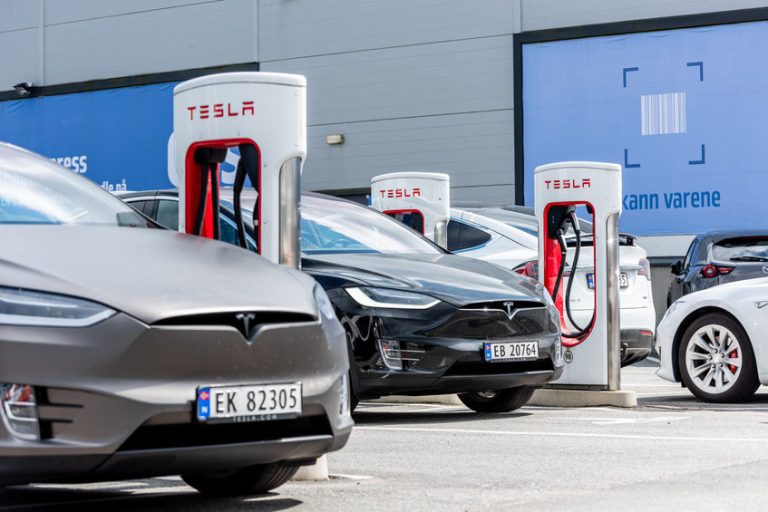Tesla is recalling over 1.8 million vehicles in the United States due to a potential software failure that may prevent the detection of an unlatched hood, posing a significant safety risk.
The National Highway Traffic Safety Administration (NHTSA) announced the recall on Tuesday, highlighting the importance of maintaining rigorous safety standards in the automotive industry.
The recall affects 2021-2024 Model 3, 2021-2024 Model S, 2021-2024 Model X, and 2020-2024 Model Y vehicles.
This marks Tesla’s fourth recall this year, underscoring the challenges even leading technology companies face in ensuring product safety and reliability.
The NHTSA stated that these vehicles are equipped with a hood latch assembly produced by Magna Closures Co Ltd in China.
So, what exactly is the problem
The primary concern is the risk that the hood may not be properly latched.
An unlatched hood could fully open while the vehicle is in motion, obstructing the driver’s view and significantly increasing the likelihood of a crash.
Although Tesla has not reported any accidents, injuries, or fatalities related to this issue, the potential risk has prompted a swift response from the company.
Tesla’s response
Tesla’s investigation into the issue began in March after receiving customer complaints from China regarding unprompted hood openings in Model 3 and Model Y vehicles.
The company initiated a recovery of latch hardware and in-service vehicle inspections.
Despite a lower incidence rate in Europe and North America, Tesla conducted engineering studies in these regions last month and decided to proceed with the recall earlier this month.
To address the problem, Tesla has begun rolling out an over-the-air software update designed to detect an unlatched hood and alert drivers.
This proactive approach aims to prevent accidents before they occur. The NHTSA has confirmed that this update is part of the recall remedy.
This latest recall adds to a series of recalls Tesla has issued recently.
In December last year, Tesla recalled nearly all 2 million of its cars on US roads to limit the use of its Autopilot feature following a two-year probe by US safety regulators into roughly 1,000 crashes where the feature was engaged.
In February, Tesla recalled almost all its 2.2 million vehicles because some warning lights on the instrument panel were too small.
In May, the automaker recalled 125,000 cars to fix a seat belt warning system that may have increased the risk of injury in a collision.
In June, Tesla’s Cybertruck was recalled for the fourth time to address issues with trim pieces and defective windshield wipers.
What does it mean for Tesla and the automotive industry?
Tesla’s recall of over 1.8 million vehicles due to the faulty hood latch detection highlights the critical need for rigorous safety standards in the automotive industry.
While the software update aims to mitigate the risk, the incident underscores the ongoing challenges that even leading technology companies face in ensuring the safety and reliability of their products.
This recall serves as a reminder of the complexities involved in modern vehicle manufacturing, where advanced technology must seamlessly integrate with traditional mechanical systems.
Tesla’s quick response and proactive measures demonstrate its commitment to addressing safety concerns and maintaining consumer trust.
As the automotive industry continues to evolve with innovations in electric and autonomous vehicles, maintaining high safety standards will remain a paramount concern.
Tesla’s recent recalls, including this one, reflect the company’s efforts to stay ahead of potential issues and ensure that its vehicles meet the highest safety standards.
For investors and consumers alike, these actions underscore the importance of vigilance and continuous improvement in the pursuit of safer, more reliable transportation solutions.
The post Tesla to recall 1.8 million vehicles in US over faulty hood latch detection appeared first on Invezz



